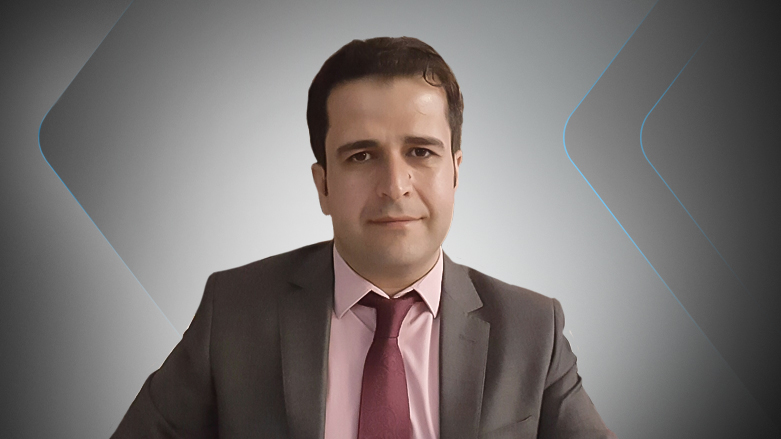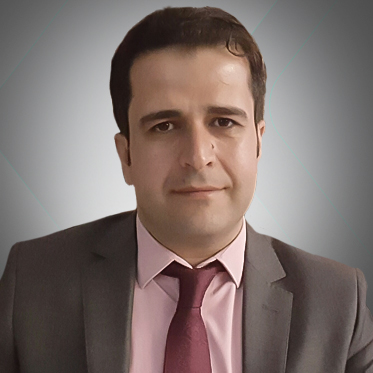The courage of Nadia Murad and recognizing crimes

The fate of the thousands of Ezidis under the hands of Islamic State (IS) has come to epitomize the brutality of the group. Thanks to the courage and determination of Nadia Murad, who was awarded the Vaclav Havel Human Rights Prize by the Council of Europe, and some prominent Western figures, the plight of the Ezidi community may finally receive the international focus it deserves.
Over two years since the atrocities in Sinjar thousands of Ezidi girls remain sex slaves under IS. In addition to the thousands of women and girls, thousands more men and boys were systematically slaughtered by the terror group.
Murad is a young Ezidi who was captured by IS in 2014. She witnessed the murder of six of her brothers before being subjugated to sexual and physical abuse along with thousands of other girls. She was sold as a slave numerous times before managing to escape.
Determined to take the Ezidi plight to the international community, Murad travelled to Europe and the United States. She recounted her experience firsthand to international audiences, including the UN Security Council in December 2015 where she briefed the first ever session on human trafficking on her experiences.
Murad stated at the time, “their cruelty was not merely opportunistic. The ISIS soldiers came with a pre-established policy to commit such crimes.”
Fitting of Murad’s courage and efforts to highlight the crimes against the Ezidis, she was announced in September as the United Nations’ first Goodwill Ambassador for the Dignity of Survivors of Human Trafficking.
UN Secretary-General Ban Ki-moon told Nadia "there is no greater testament to human resilience and the spirit of solidarity than the strength, dignity, and extraordinary courage you show every day in telling your story and working for a better world.”
Prime Minister of the Kurdistan Region Nechirvan Barzani congratulated Murad on her appointment and vowed to provide the necessary support needed in her mission as the Goodwill Ambassador.
Recounting her story at the United Nations upon her appointment, she urged the Islamic world to stand with her against IS before adding, “I call the international community to take actions and rescue Ezidi captives.”
Renowned Human Rights lawyer Amal Clooney has been instrumental in highlighting the Ezidi plight despite the threats to her safety.
A high profile figure such as Clooney, who now represents Murad, brings much-needed clout in efforts to recognise the genocide against the Ezidi Kurds.
Sitting side-by-side with Nadia at the United Nations, Amal denounced IS’s “bureaucracy of evil” and the “industrial scale” of IS crimes against the Ezidis.
Clooney stated her shame as a lawyer that nothing was being done about IS crimes and her shame as a woman that the likes of Nadia could endure such abuse.
While the suffering of the Ezidis is beginning to receive the attention it deserves, it should not mask the lack of action from the international community. Only after the crimes had been committed were Western powers pressed into action in August 2014.
Furthermore, it begs the question whether Western powers could have done more to prevent the rapid rise of IS in the first place. The fact that thousands of girls remain in IS custody is a stain on the international community. There is little doubt that the reaction would have been much fiercer if the captured girls were of American or European descent.
Murad summed up perfectly when she addressed a recent UN refugee and migrants summit, “if beheading, sexual enslavement, child rape, if all those acts will not force you to act, what will?”
The Vaclav Havel Human Rights Prize is awarded to activists for their outstanding civil society action for defending human rights. Murad, on behalf of all Ezidis, fully deserves this award.
Bashdar Pusho Ismaeel is a London-based freelance writer and analyst, whose primary focus and expertise is on the Kurds, Iraq and Middle Eastern current affairs.
The views expressed in this article are those of the author and do not necessarily reflect the position of Kurdistan24.
Editing by Delovan Barwari
